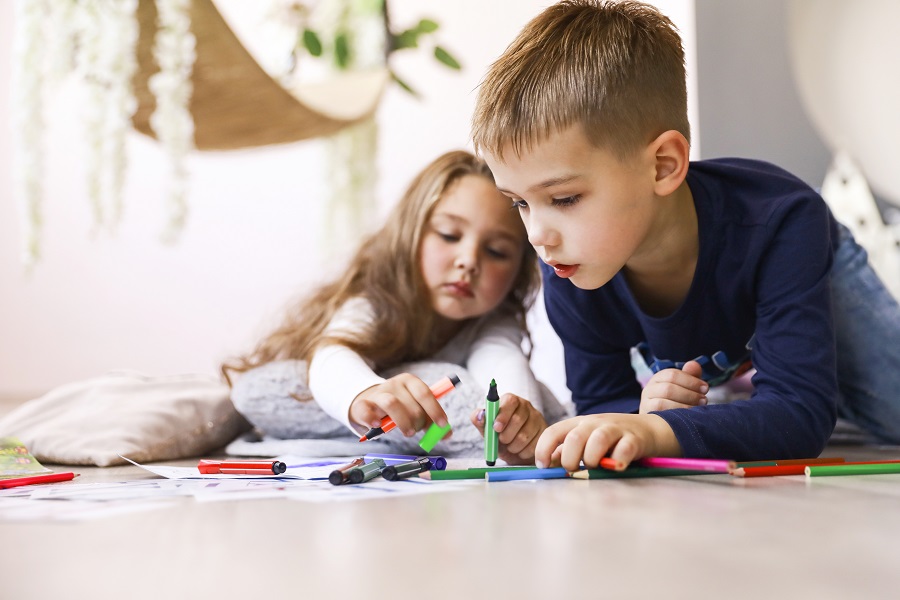What makes boys so very different from girls? It’s much more than DNA, it’s due to the wiring in their brains.
Talking with your friends at a playgroup, you watch one girl make a beeline for the dolls while a boy races around burning off energy.
We’ve all heard the cliché about girls being different than boys, but is it true? Are they hardwired differently from birth, or do we make them different by how we treat them? It’s the age-old nature vs nurture debate.
It’s clear that boys’ and girls’ brains are biologically different. Hormones play a large part in this when, at around week six of pregnancy, the baby’s sex is fixed.
Boys receive a huge dose of male hormones—mostly testosterone—which affects their developing brain. Girls continue to develop without this hormonal boost, and although they will produce female hormones (estrogen and progesterone) these seem to have little influence on how the brain develops.
Boys’ brains tend to grow larger in general (about 12–20 percent), whereas some researchers have revealed that the region of the brain that controls language and emotion tends to be larger in girls.
From birth, baby girls are more sensitive to touch than baby boys and are more comforted by soothing words and singing. At just a few hours old, girls are more interested in people’s faces than boys who are likely to be equally drawn to interesting objects.
Baby girls tend to coo and gurgle at people. Most baby boys are equally chatty but are as likely to babble at a favorite toy as at a person.
However, a study by the Institute of Psychiatry in London shows that only 3 percent of the variation in boys’ and girls’ speech development is due to their gender. Even before understanding language, girls seem better at recognizing emotions in speech.
One study of babies two to four days old showed that girls spent twice as long as boys keeping eye contact with a silent adult and also looked longer when the adult was talking. Boys’ attention span, however, was the same whether the adult was talking or silent.





















